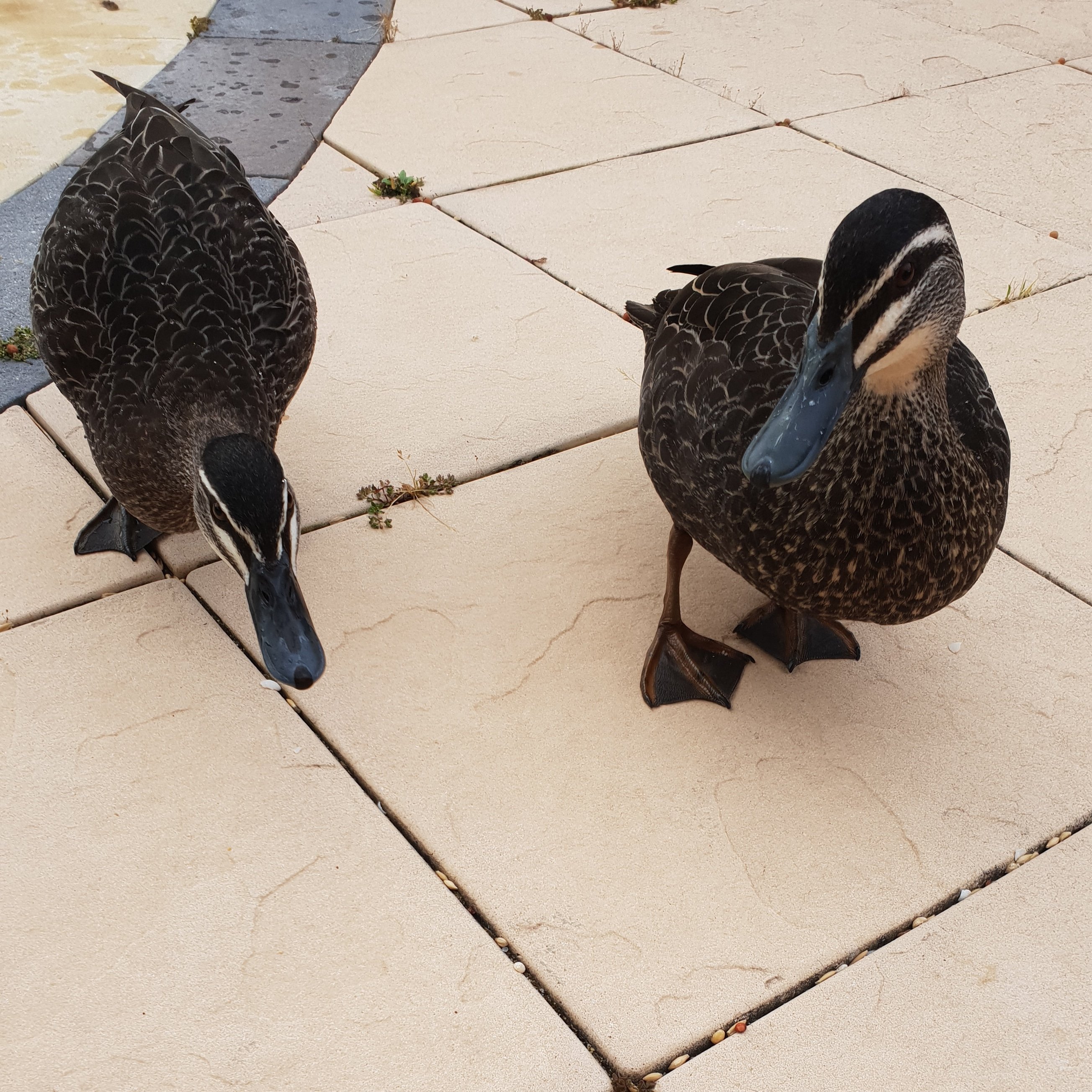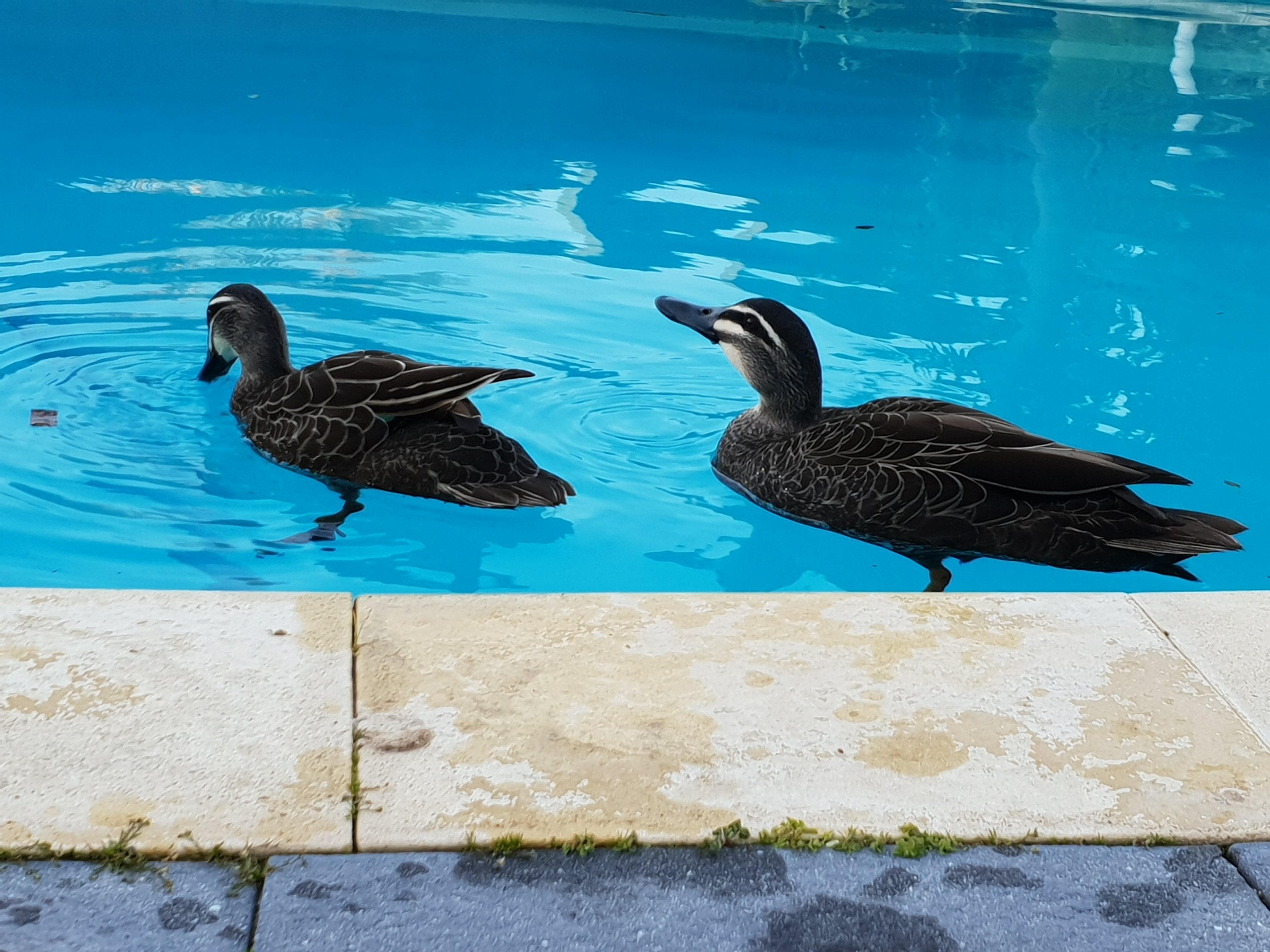A White House advisor told President Trump that nobody wanted to hear an American president threaten to launch nuclear missiles. Trump replied: “Then why do we make them?” (2016)
The aesthetics of being bombed: a timely review of a favourite human pastime.
When old age shall this generation waste,
Thou shalt remain, in midst of other woe
Than ours, a friend to man, to whom thou say’st,
“Beauty is truth, truth beauty,—that is all
Ye know on earth, and all ye need to know.”
Ode on a Grecian Urn, by John Keats
There is a beautiful truth in being bombed that evades those who are unbombed. There is a clarity of mind that jettisons a lifetime of clutter. In that moment and in the debris afterwards truth is unambiguous. It is like sitting on the edge of the singularity, your one-way ticket to ‘event horizon’, a home-run slide to Nirvana, a slow dance with Shiva. Putting aside for a moment the usual human suffering, bomb sites are fascinating places with much to offer the aesthetically trained eye. One simply needs to learn how to look. Thankfully, there is no shortage of places to practice the art of observing the effects of bombing. A large number of states have progressive governments who routinely practice bombing. A huge number of bombs are built (maybe constructed is a better word), purchased and dropped every year (‘dropped’ is idiomatic since they can be launched, placed, left, lopped, stashed or thrown). Indeed, bombing is an important part of every modern state’s budget. The ripple effects are far reaching. Bombs require aeroplanes, submarines, specialist vehicles or missiles to carry them and these are expensive items requiring specific skills to manufacture them. It’s all very specific, it really is rocket science. Like all consumables, bombs also have expiry dates so governments generally make use of them so as to avoid unnecessary waste. The contribution that bombs and their auxiliary technology make to a state’s GDP is significant. Bombs employ people, bombs need people to deploy them, in short – bombs are people too. Bombs are beautiful cultural items. These sleek and ergonomic babies present design elements that are sculptural, maybe even artistic, one might even describe them as … aesthetically pleasing. Bombs have emotional appeal too. Generally, most people live miserable and monotonous lives punctuated by mundane life events such as birth, marriage and death. For a time television provided a pleasant respite from this urban tedium but people are easily bored and, even in the twenty first century, war is spectacular entertainment. Everyone knows this. People feign disgust and horror but can’t stop watching. Historically, public executions have always drawn a crowd, people like observing death. Suffering has an aesthetic appeal. People are grateful for the distraction of bombs. Watching other people suffer diminishes one’s own suffering, it’s not rocket science – well actually it is … .
Furthermore, there is the objective beauty of scientific truth. According to the first law of thermodynamics (the Law of Conservation of Energy) energy cannot be created or destroyed within an isolated system. Bombs, operating within specific isolated systems only displace energy. They do not destroy. Destroy is such a dated term, so 20th century. What are human beings but pockets of energy constantly reassembling themselves. We’re not so different from bombs after all. They have gotten a bad press, probably because of the increase of fake news. Bombs are just ‘super effective re-locaters’ (or S.E.R.’s as we call them). They are able to relocate entire buildings, towns or cities with the greatest ease and the minimal expenditure of human labour. Bombs bring people together like nothing else. The sense of community that emerges in the wake of a bombing is heart-warming. Nothing warms the heart like an explosion. Above all, bombs develop gratitude. Nothing makes you more grateful for your own miserable existence than seeing someone else’s blown to smithereens. Our universe was born of violent explosions, explosions are a part of who we are, of where we come from. Only wimps go out with a whimper, heroes go out with a bang. Bombs make people better people, bombs are people too!
- Countries that have been bombed by the USA sinceWorld War II
China 1945-46
Korea 1950-53
China 1950-53
Guatemala 1954
Indonesia 1958
Cuba 1959-60
Guatemala 1960
Belgian Congo 1964
Guatemala 1964
Dominican Republic 1965-66
Peru 1965
Laos 1964-73
Vietnam 1961-73
Cambodia 1969-70
Guatemala 1967-69
Lebanon 1982-84
Grenada 1983-84
Libya 1986
El Salvador 1981-92
Nicaragua 1981-90
Iran 1987-88
Libya 1989
Panama 1989-90
Iraq 1991
Kuwait 1991
Somalia 1992-94
Bosnia 1995
Iran 1998
Sudan 1998
Afghanistan 1998
Yugoslavia – Serbia 1999
Afghanistan 2001
Libya 2011
Syria 2014
Source: Global Research Organisation, global research.org




